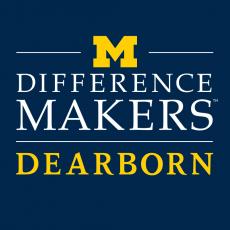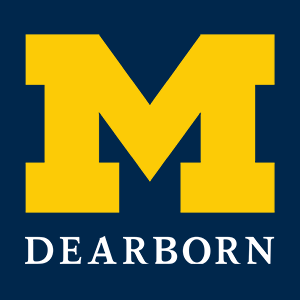Janet Vasquez may have a quiet presence, but she’s a force who can take charge in even the most difficult situations. When it comes to advocating for her peers — particularly those who are LGBTQ, multicultural or struggling with mental health — Janet is ready to take a seat at the table. Her campus involvement reflects her tenacity, empathy and ability to lead. She has been an active member in PRIDE and currently serves as vice president. She is also a member of the Include Leadership Board, a group dedicated to advocacy through education. Janet was one of the first Mental Health and Wellness Peer Mentors, a group of students who advocate for good mental health practices to their peers on campus. Here, she shares more about her work and why she takes an intersectional approach to her advocacy.
Janet, in her own words
On advocating for underrepresented students. “In most of my work on campus, I really try to share my voice at the table to benefit students that might otherwise not get enough support,” she says. “Sometimes, this involves things such as speaking on behalf of PRIDE as the VP, trying to find adequate spaces on campus for our LGBTQ+ students to feel safe and supported. Other times, I can help by representing Counseling and Disability Services as a Peer Mentor, and trying to make sure that struggling students from many different backgrounds can access the mental health resources that they need. I try to do this with intersectionality in mind in order for our programs to reach the student populations who are often the most underrepresented on campus and looked over for space, resources and aid.”
On academics and future plans. “I am studying psychology because I care deeply about mental health. While public awareness about mental health is growing, there are still many people and communities that are currently not being adequately reached and helped in caring for themselves emotionally and mentally as much as they might physically. I am currently conducting independent study research focusing on the psychology of LGBTQ advocacy and activism networks, and the sort of experiences that lead people towards becoming a part of activist communities with Dr. Harmony Reppond. I have also done past research with Dr. Amy Brainer, which involved LGBTQ student experiences on our campus, and their personal stories with how they navigate and feel about being a queer student at UM-Dearborn, inside and outside of the classroom. As well as my major in Psychology, I will be receiving an LGBTQ certificate when I graduate. I plan on attending graduate school in order to secure a position as a counselor or therapist. I would like to focus specifically on the mental health of the LGBTQ population, which, unfortunately, tends to have overall worse mental health compared to their non-LGBTQ counterparts due to living with the stigma and danger of being LGBTQ in our society.”
On being a Difference Maker. “I am very lucky to have a team of other students, faculty, staff and coworkers who help me in my efforts to make a difference in our campus community. They help me not only find a voice to spread awareness and advocacy, but help me recognize my own achievements. I would not be able to make nearly as much of an impact without their support. As far as what makes me a Difference Maker, I think it is the fact that if I see work that needs to be done, and the opportunity presents itself where I can make a change, I don't shy away from it. I try to get things done, and do them well.”


